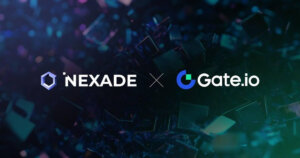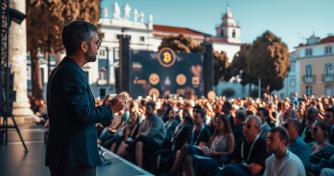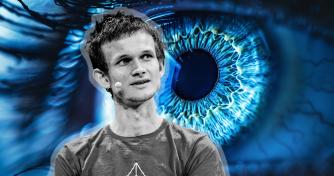 Solana co-founder Yakovenko wants “consensus at the speed of light” with over 20k validators
Solana co-founder Yakovenko wants “consensus at the speed of light” with over 20k validators Solana co-founder Yakovenko wants “consensus at the speed of light” with over 20k validators
Yakovenko was joined by Head of Communications for Solana Foundation Federa to discuss the past and future of Solana during Breakpoint in Lisbon.
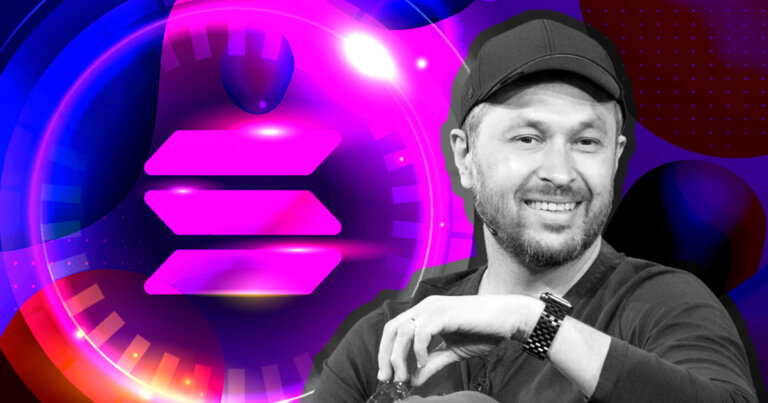
Cover art/illustration via CryptoSlate. Image includes combined content which may include AI-generated content.
Talking at Solana Breakpoint, Austin Federa, Head of Communications at Solana Foundation, opened a talk on the past and future of the Solana ecosystem before bringing on Solana CEO, Anatoly Yakovenko. Federa spoke more broadly about the web3 industry comparing crypto’s adoption to that of the internet in 1995.
The evolution of web3
Federa highlighted that around 12% of U.S. citizens own some form of crypto asset in 2022, while a similar percentage had access to the internet in 1995. Looking at the parallels it is clear to see that we are truly ‘still early’ in crypto.
A new paradigm is being developed as Federa remarked during his talk and it’s fair to say that terms such as NFT and DAO are not “sticky” terms that are expected to have long-term staying power. The lexicon within web3 is certainly an obstacle to mainstream adoption and hearing a Head of Communication for a blockchain such as Solana admit this is extremely encouraging.
The removal of technological and linguistic gatekeeping within crypto can only help onboard new users. Often the crypto community forgets how small it is and that bringing new users into the space is integral to its success.
Federa continued to explore gaming, DeFi, and NFTs on Solana. Federa commented that web3 is now building “games that are actually fun for the sake of the game” rather than focusing solely on financial incentives. This evolution is at the core of Polkastarter Gaming’s Gam3 Awards being held in December with 13 categories across multiple blockchains. Only games that put gaming first are being considered for the awards.
The future of web3
Federa then invited Solana Foundation Labs Co-Founder and CEO, Anatoly Yakovenko to the stage to discuss the future of Solana. Speaking about the use case of web3, Yakovenko began speaking about the difference between digital ownership in web2 versus web3.
“It’s not true digital ownership” when you purchase movies and other digital assets from Amazon or Apple, it is merely a “rental.”
Yakovenko described the Solana mobile phone payment experience as an “ApplePay-like experience.” He went on to state that “every mobile phone should act as a hardware wallet.” However, Yakovenko did recommend still owning a dedicated hardware wallet for cold storage.
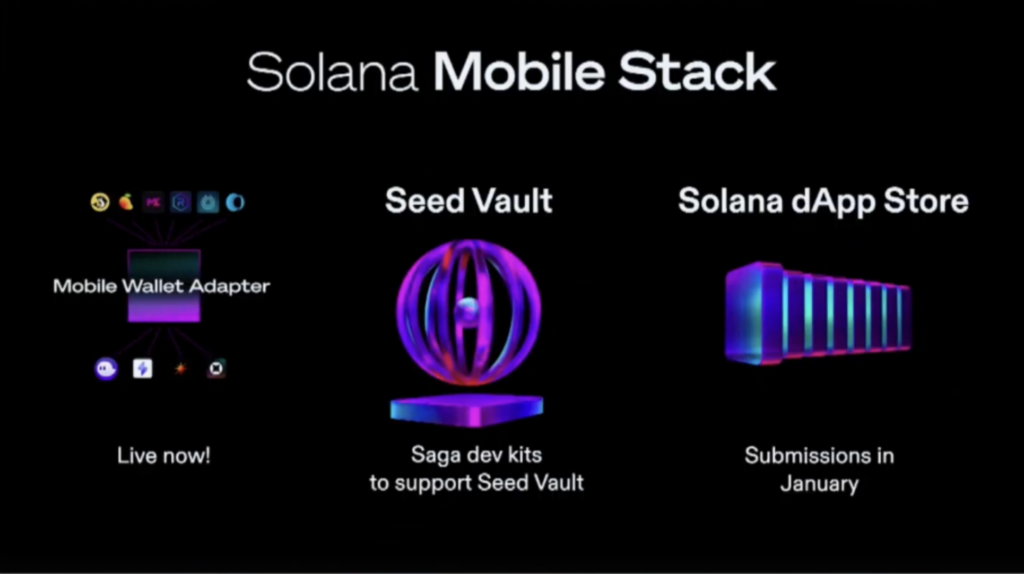
The talk then moved on to a conversation on the growth of the Solana network and the wrestling match with the “trilemma bear.” Yakovenko stated that the growth of Solana has been done entirely “without cheating” and that the Solana Foundation has never asked anyone to turn off validators or shut down the chain.
Other blockchains “cannot do more than one thing at once” which causes competition that simply drives up fees according to Yakovenko. Solana, however, is able to do multiple things at once which gives it an edge over other chains.
Hard problems in Solana
Yakovenko stated that it has always been the intention that “Solana should be as composable as Linux” as he discussed different programming languages that are supported by Solana. Solving The Trilemma “is going to be a challenge for everybody in crypto including us.” However, Yakovenko referred to the improvement and use of better hardware as a route to finding the solution.
The list of “hard problems being solved now on Solana” included;
- Deterministic turbine
- Zero-copy runtime
- Replay optimizations
- Tx scheduling
- Seed vaults
- Increasing validator numbers
- Automated audits
Further, Yakovenko showcased his deep technical knowledge as he dove into core advancements in cryptographic technology hailing progress by Linux developers to create new technology that can improve blockchain.
The ability of artificial intelligence to write “machine code with strong types” is something that Yakovenko is extremely excited about coming to Solana. Yakovenko referred to this new technology as “basically science fiction when I was studying computer science.”
The need for an increase in “light clients” was also raised by Yakovenko as “you’re not going to get a billion users running full nodes.” The Solana Labs CEO remarked that light clients can reach the required number of validators for mass adoption. In reference to the number of light clients that will be needed on Solana in the future, he commented “it’s going to have to be 20,000 if not 200,000.”
Competing with web2
Yakovenko argued that “when you look at web2 traffic it’s not uniform” you see big spikes in traffic and you need to average the work over a period of time. Using blockchain, and specifically the Solana network, “you can have actual program execution run a full epoch behind fork choice.”
“The soul of Solana is based on creating a historical record of the world… We want to reduce latencies between the users and the network.”
In order for Solana to compete with web2 Yakovenko believes that it needs to reduce latency for the user to around 50ms. He argued that there is “nothing stopping us” other than a bunch of work.
In conclusion, Yakovenko disclosed that the goal is to achieve “consensus at the speed of light” through increasing network participation and the number of validators around the world.
